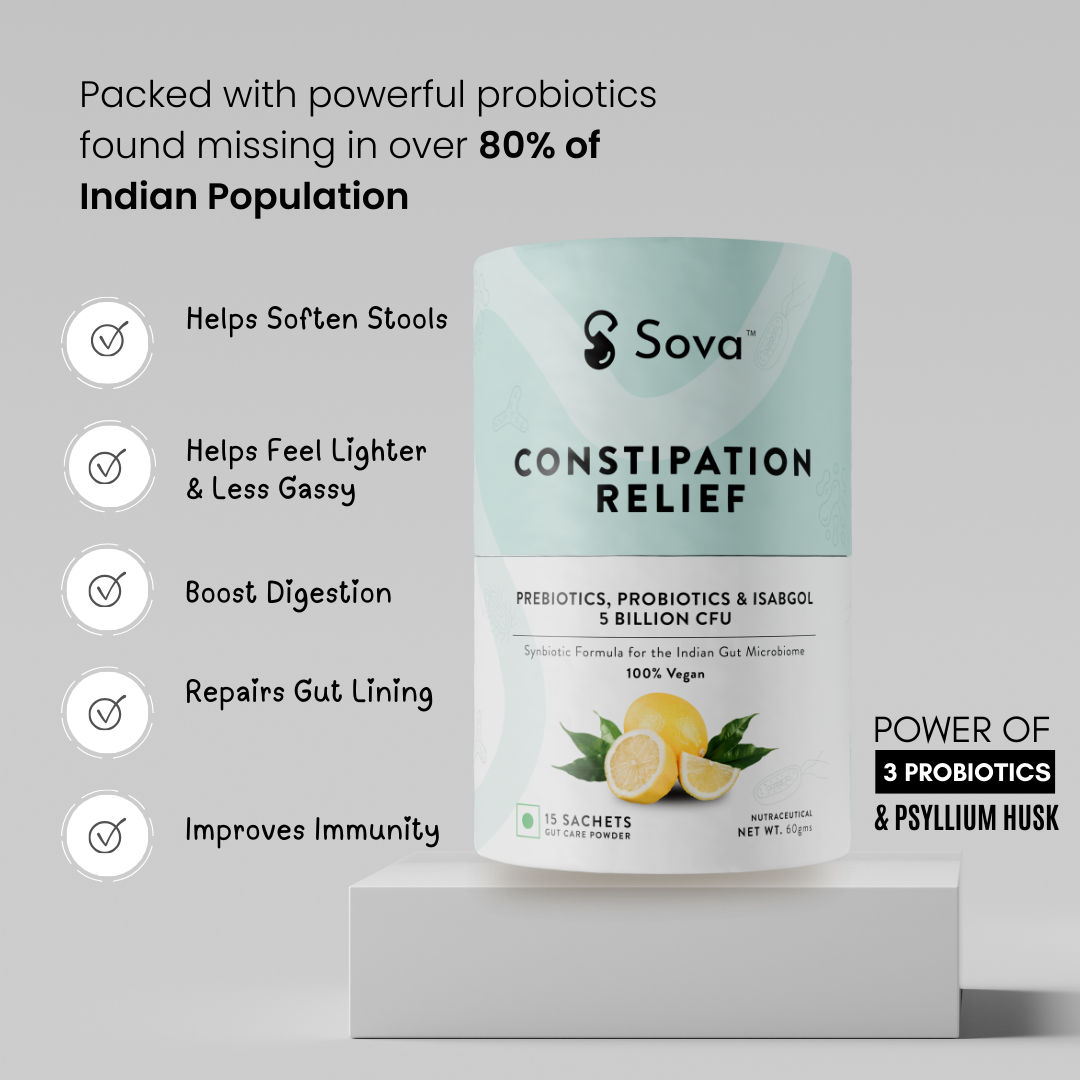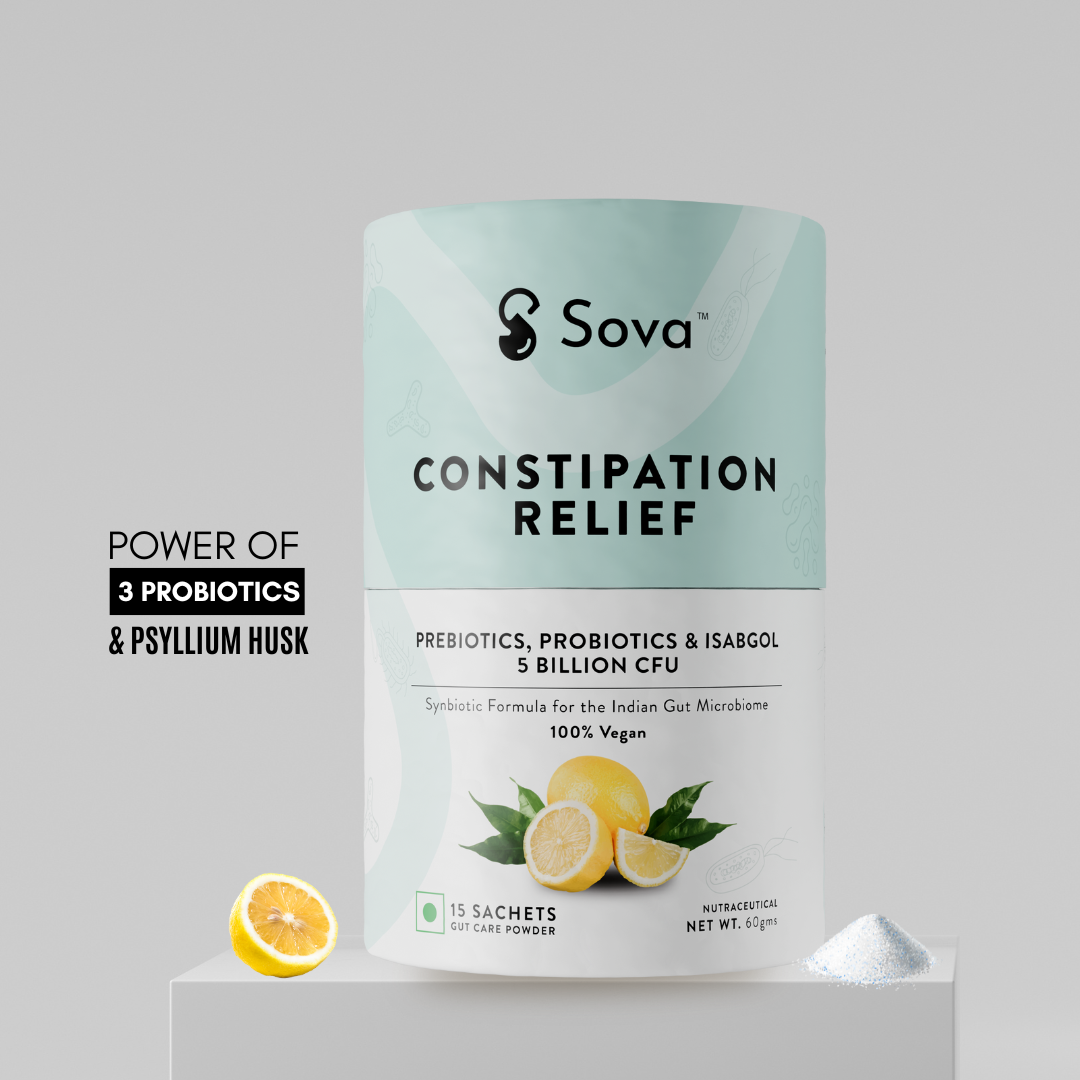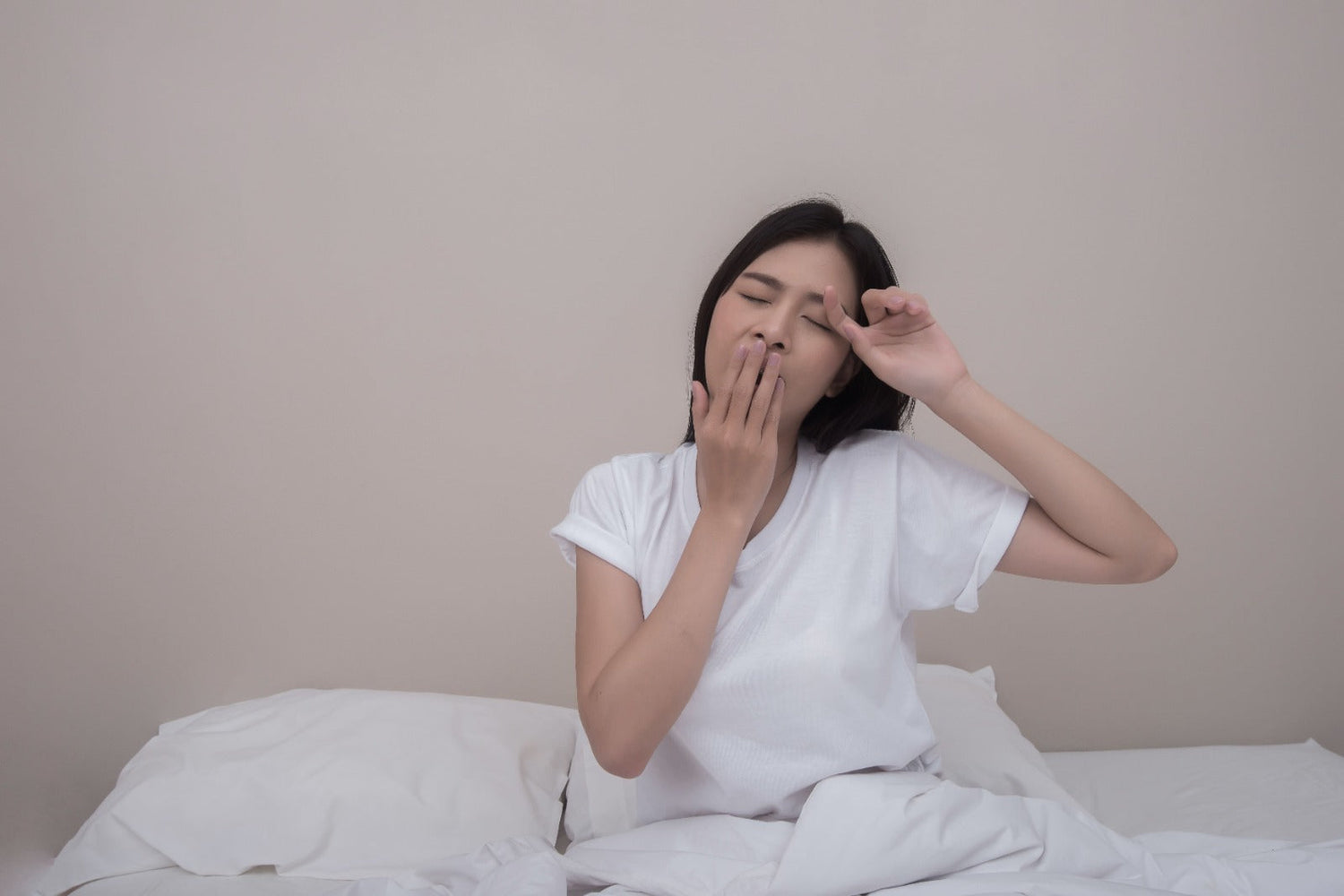Poor sleep hygiene which is also known as sleep deficiency can be the result of a bad lifestyle, unhealthy eating habits, underlying health conditions, and depression or anxiety. Poor sleep hygiene also increases the risk of health conditions such as heart disease, dementia, obesity, type 2 diabetes, cancer in the reproductive system, etc. Deficit in sleeping can also lead to the inability to perform daily activities like working, driving, or walking.
What is Poor Sleep Hygiene?
A person might suffer from lack of sleep during the night time which can cause tiredness during the day. You might feel exhausted, distracted, and unable to perform social activities. Poor sleep hygiene makes it difficult for you to focus on anything, manage your behavior or emotions, solve problems, or make decisions. It makes it difficult to memorize, react, or remember things. You might feel like dozing off anywhere comfortable.
Poor sleep hygiene can result from inconsistent sleep schedules, excessive screen time before bed, caffeine consumption late in the day, and a disruptive sleep environment. Stress, irregular meal timings, and lack of physical activity also contribute to disturbed sleep patterns.
Read also: Effective Home Remedies for a Restful Sleep
How Does Sleep Impact Your Mental Health?

Sleep is very important for proper brain function. The brain needs sleep to rest and prepare to create new pathways for storing information and learning every day. A peaceful, comfortable sleep is crucial to starting a new day as it helps the brain be creative and improves attention, decision-making, problem-solving skills, and overall learning.
Poor sleep hygiene can alter some functions of the brain. It can lead to depression, disinterest in daily activities and in extreme cases, one might find pleasure in taking risks. The result of poor sleep hygiene among children may be problematic as it makes it difficult for them to socialize with other kids, feelings of anger and demotivation, and lots of impulsive mood swings. Difficulty in concentrating in class can result in low grades.
5 Common Side Effects of Poor Sleep Hygiene Are:
- Increases risk of mood disorders like anxiety and depression.
- Impairs focus, attention, and decision-making abilities.
- Heightens stress levels and emotional reactivity.
- Reduces resilience to daily stressors, leading to irritability.
- Lowers overall cognitive performance and memory retention.
Effect of Sleep on Physical Health
The impact of physical health through sleep is immense. Good sleep hygiene results in :
- Decrease the risk of complicated health diseases such as stroke, heart disease, obesity, diabetes, etc.
- Sleep improves the immune system, which helps fight germs and sickness. When you sleep, the body repairs itself, waging a war against harmful foreign bodies. The better you sleep, the more likely the body or the immune system is to be successful against germs.
- Sleep initiates the release of a hormone that leads to natural growth and development in children. The hormone also builds body mass and repairs any tissue damage.
- Sleep controls how your body responds to insulin, the hormone that controls the level of blood sugar in the body. Poor sleep hygiene reduces the production of insulin and increases glucose levels in the body which may lead to diabetes.
- Proper sleep controls obesity and unnecessary eating. Because of good sleep hygiene, there is supposed to be a balance in the hormone that makes one feel full (leptin) and hungry (ghrelin). Thus sleeplessness in the night or lack of sleep makes you feel hungry as there is an increase in the hormone ghrelin.
- Good sleep hygiene promotes heart health and repairs damaged blood vessels.
How to Sleep Better at Night
If you are wondering how to increase deep sleep in the night. Inculcate the following habits in your lifestyle and see the difference.

- Follow a sleep routine: set a certain time and try to sleep at that specific time every day. Include warm baths, meditation, soothing music, gentle stretches, reading a book, or breathing exercises in your sleep routine.
- Avoid using electronics before bedtime: the blue light that is emitted from phones and different gadgets reduces the melatonin level in our bodies, keeping our brains alert. Even keeping the phone near the bed can hamper your sleep as it reduces the level of melatonin which is a hormone that controls our sleep cycle.
- Do physical activities daily: regular outdoor exercise of 30 minutes can induce better sleep. Avoid doing exercises near bedtime as it activates the body. Rather do yoga and meditation. Exposure to natural lights improves your sleep cycle.
- Keep your bedroom comfortable and dark while sleeping: limit the lighting in your bedroom after sunset, and keep the bed comfortable and soft.
- Do not eat heavily during bedtime: avoid taking heavy meals before bedtime as it may cause issues with digestion as well as acid reflux which will keep you awake.
- Get rid of all the stress and mental blockage before bedtime: sort out the things that are more likely to keep you awake in bed the whole night. list down the things that are worrying you, make a to-do list, and try to do meditation before sleeping. Taking a heavy blanket while sleeping may help you cope with your stress and insomnia as it does the work of deep pressure therapy.
- Do not take small naps: avoid napping between the days as it is more likely to keep you awake at night. If at all napping is necessary, keep it for 20 minutes and avoid taking a nap in the afternoon.
- Avoid taking caffeinated beverages before bedtime: caffeinated beverages are for the morning. Caffeine keeps your brain active for 3-5 hours which means if you have taken a cup of coffee in or after the afternoon, you are more likely to stay awake.
- Intake relaxing tea or sleeping gummies: Consuming chamomile tea before bed time can help your mind to relax. For people with chronic sleeping troubles, gummies have proven to be helpful. Do consult health experts to find the best fix for your sleeping routine.
The Connection Between Sleep and Your Immune System
A healthy immune system is important for being healthy and to prevent infection. But poor sleep hygiene compromises the defense mechanism of your body, and you are prone to diseases. Let's find out how sleep affects immunity and why it is essential to prioritize sleep above everything else for overall health.
How Sleep Strengthens Immunity
While you sleep, your body performs several restorative functions that strengthen the immune system. While sleeping deeply, the body releases and produces cytokines, a class of proteins that fight infection and inflammation. The cytokines are messengers that instruct the immune system to react effectively against viruses, bacteria, and other infectious pathogens.
Increased Susceptibility to Infections Due to Lack of Sleep
Chronic deprivation of sleep can considerably impair one's immune system, leaving one susceptible to infections like a common cold, influenza, or severe diseases. Studies have indicated that individuals sleeping for less than 6 hours are more likely to fall sick than those between the recommended 7 and 9 hours.
Besides, sleep deficiency prolongs recovery. When you are sick, your body requires rest to repair itself. If you withhold sleep, then your body will find healing difficult, and this sets the stage for a long illness.
Relationship Between Sleep and Inflammation
Sleep has an important role to play in regulating the levels of inflammation in the body. If sleep is poor, pro-inflammatory cytokine production increases, which causes chronic inflammation. This can lead to significant health conditions, such as autoimmune diseases, cardiovascular disorders, and metabolic disorders.
Conversely, good sleep hygiene regulates inflammation by modulating the immune system's response. Such regulation decreases the chances of inflammatory diseases and improves overall health.
The Link Between Sleep and Productivity at Work
A well-working mind is pivotal in day-to-day life as well as in job performance. Natural irritability and inability to think, create, or be productive adversely affect your work when you miss sleep.
Poor Sleep Leads to Low Concentration and Decision-Making
When you don't sleep enough, your mind is having trouble processing things in an efficient manner. Sleep deprivation cuts down on concentration, which makes you hard-pressed to focus on tasks. It also hurts problem-solving skills, creativity, and decision-making capabilities, resulting in bad judgment and mistakes.
Also, sleep deprivation impacts memory recall, making it more difficult to remember key pieces of information. This is particularly troublesome for students, businesspeople, and those with high-level jobs.
How Sleep Deprivation Affects Workplace Performance

Workers who suffer from poor sleep habits tend to deal with chronic tiredness, diminished energy, and lack of drive. Sleep-deprived individuals are likely to commit errors, miss deadlines, and underperform at the office, as evidenced by studies.
Sleep deprivation can also lead to accidents at work. For instance, drowsy driving is a leading cause of road accidents, and sleep-deprived employees in physically demanding occupations are more likely to get injured.
The Importance of Power Naps for Better Productivity
Short power naps, between 10-20 minutes long, have been proven to enhance alertness and intellectual performance. Napping may also improve memory, problem-solving, and innovation skills. Numerous high-performing leaders and businesses promote power naps as a means of improved productivity.
Here's how to benefit the most from napping:
-
Nap in a quiet and dark environment.
-
Setting an alarm is beneficial to avoid napping for too long; Otherwise, you will feel groggy.
-
Nap no later than mid-afternoon; otherwise, it will interfere with your nightly sleep.
Conclusion
The way you create your lifestyle can affect your sleep quality in a significant way. There are several sleeping habits that you can incorporate into your life to improve your sleep hygiene as an answer to how to sleep better at night. If you have adopted good sleep hygiene habits and wake up feeling tired and exhausted, you should take the help of a professional to diagnose any underlying illness.
Sleeping less than 8 hours a day can make your behavior and reaction towards the people around you abnormal. Sleep deficit can cause microsleep which is sleeping briefly or unconsciously while you are awake. Poor sleep quality leads to sleep deficit which negatively affects the overall functioning of the body.
If you are affected by poor sleep hygiene and are unable to have a full-fledged sleep, visit our store Sova Health where we find solutions to health issues related to your unhealthy lifestyle. We are a one-stop wellness center where you can find answers to your health concerns through our edible products and blogs. Get your gut checked by our experts and also refer to the blogs on different topics tailored specially for your gut-related concerns by our professionals.














